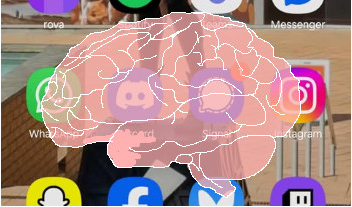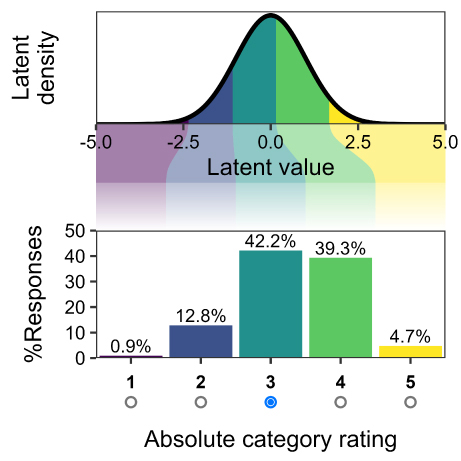
This study provides researchers, who are considering internet-based social cognitive research, with a general overview of the theoretical and methodological considerations that must be considered for implementing best practices. It covers theoretical discussions of the ways in which the internet has affected socialisation and cognitive processes (including memory and attention), the balance between ecological validity and experimental control for internet-based social cognitive research (including the effect of digital researcher presence), and group membership (including discussions of group composition, identity misrepresentation, and communication through memes). It also covers methodological discussions and best practices to account for the effects of internet use on social cognition, exploring avenues for increasing experimental control without sacrificing ecological validity, and decisions pertaining to participant recruitment issues, when recruiting from internet-based community groups.

Evaluating perceptual image and video quality is crucial for multimedia technology development. This study investigated nation-based differences in quality assessment using three large-scale crowdsourced datasets (KonIQ-10k, KADID-10k, NIVD), analyzing responses from diverse countries including the US, Japan, India, Brazil, Venezuela, Russia, and Serbia. We hypothesized that cultural factors influence how observers interpret and apply rating scales like the Absolute Category Rating (ACR) and Degradation Category Rating (DCR). Our advanced statistical models, employing both frequentist and Bayesian approaches, incorporated country-specific components such as variable thresholds for rating categories and lapse rates to account for unintended errors. Our analysis revealed significant cross-cultural variations in rating behavior, particularly regarding extreme response styles. Notably, US observers showed a 35–39% higher propensity for extreme ratings compared to Japanese observers when evaluating the same video stimuli, aligning with established research on cultural differences in response styles. Furthermore, we identified distinct patterns in threshold placement for rating categories across nationalities, indicating culturally influenced variations in scale interpretation. These findings contribute to a more comprehensive understanding of image quality in a global context and have important implications for quality assessment dataset design, offering new opportunities to investigate cultural differences difficult to capture in laboratory environments.